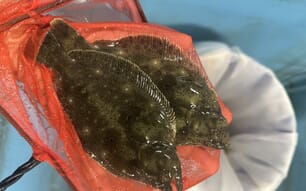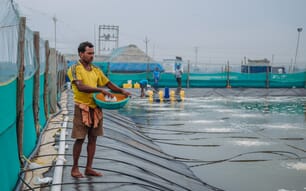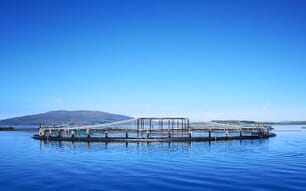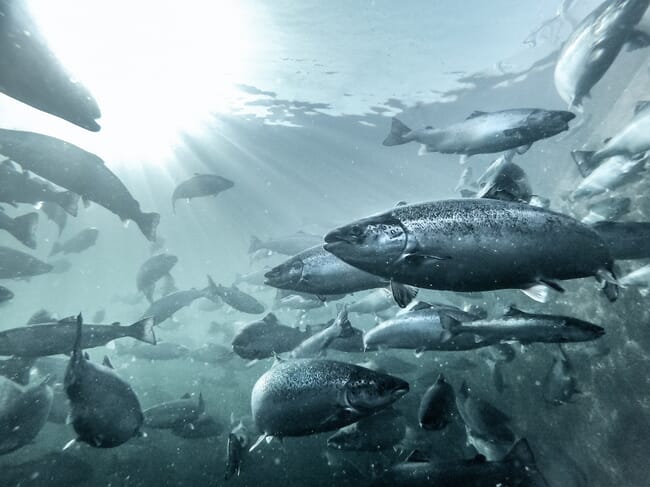
A recent study carried out by researchers from the INCAR Center determined that tiamulin, an antimicrobial exclusively for veterinary use and classified as "less important" by the World Health Organisation, is a viable alternative to florfenicol, the most widely used antimicrobial in the control of salmonid pathologies, including the treatment against tenacibaculosis caused by Tenacibaculum dicetrarchi , the third most important bacterial infection in salmon farming in Chile.
The study group, which focused on animal health in freshwater life stages of salmonids, was hosted in the INCAR Center and led by Andrés Bello University, Dr Ruben Avendaño-Herrera and the Engineer Rute Irgang. It was also developed within the FONDECYT Project 1190283.
For this study, the susceptibility of 32 Chilean isolates of T. dicentrarchi was tested against tiamulin, along with the bacterium CECT 7612T. Their susceptibility was analysed with the minimum inhibitory concentration (MIC) method, using microdilutions that followed the procedures of the Clinical Laboratory Standard Institute. However, the researchers set the incubation temperature at 18 ºC.
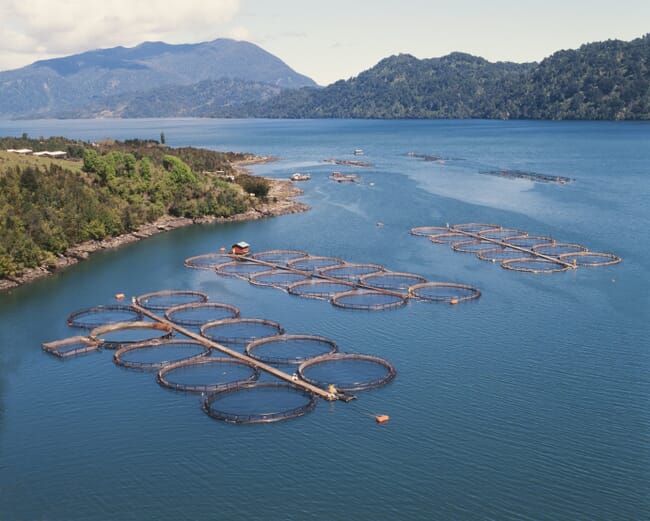
“The genesis of the study is based on the fact that the MIC values for florfenicol of the isolates of T. dicharchi in a previous study were set at 2 μg/mL, which is a fairly high concentration. It is necessary to have alternatives when the isolates start decrease susceptibility to this antimicrobial. Therefore, we decided to study tiamulin because it is exclusively for veterinary medical use and because we knew from previous studies of its good results for T. dicentrarchi,” Dr Avendaño-Herrera said.
“Our in vitro results suggest that tiamulin is a viable alternative to florfenicol, specifically because tiamulin requires comparatively lower concentrations to inhibit T. dicentrarchi. Furthermore, considering pharmacokinetic/pharmacodynamic aspects, less tiamulin would be required in feed to control tenacibaculosis outbreaks. It should be noted that this antimicrobial has been used in the field through the extra-label format”, explained the experts from the INCAR Center.
In Chile, tiamulin is registered for its administration in pigs, broiler chickens, turkeys and other poultry. The researchers recommend asking pharmaceutical companies to register tiamulin for salmonids and provide alternative antimicrobial treatments for the salmonid industry.
"The idea of this research is not to promote the use of antimicrobials, but to have alternatives and the use of these compounds should always be considering the MIC values of the isolates that are causing the infections," concluded Dr Avendaño-Herrera.


